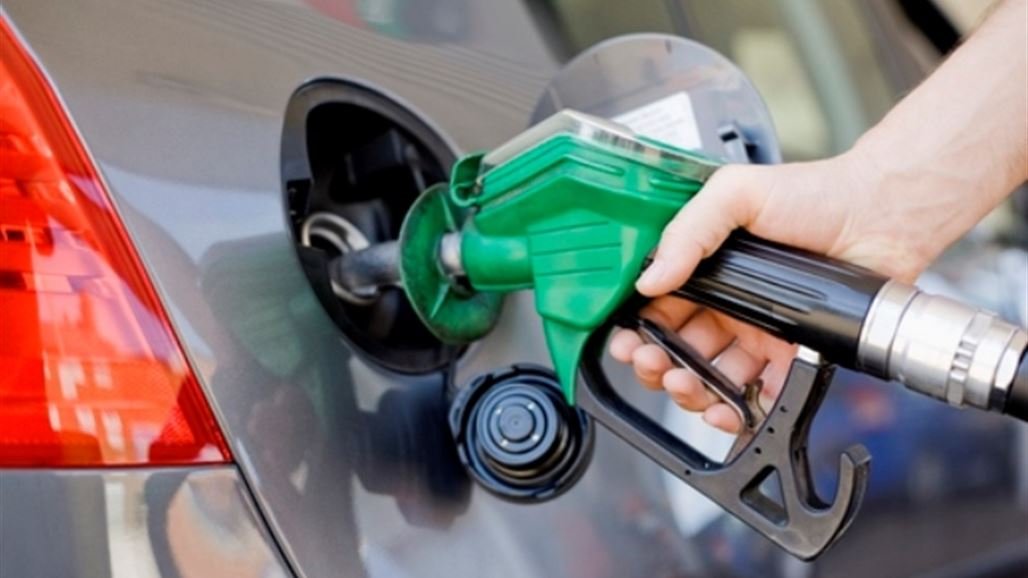Iraq’s fuel consumption continues to rise rapidly, causing concern among economists and government officials. Every day, Iraq uses over 59 million liters of fuel, with gasoline and diesel making up the bulk of that total.
According to local experts, gasoline consumption alone reaches about 31 million liters per day. In parallel, diesel use hovers around 28 million liters daily. Combined, these figures show that Iraq uses over 59 million liters of fuel each day.
Weekly gasoline use in Iraq stands at 217 million liters, while monthly consumption reaches around 930 million liters. Over a full year, gasoline demand surpasses 11.38 billion liters. Diesel follows a similar pattern, with weekly usage hitting 189 million liters and monthly figures climbing to 810 million liters. This adds up to more than 9.85 billion liters of diesel every year.
Fuel prices remain low throughout the country, mostly due to generous government subsidies. These subsidies help keep fuel affordable for citizens but also create serious financial stress for the national budget. The high usage, combined with low prices, forms a growing burden.
Iraq ranks 19th worldwide for having some of the cheapest fuel prices. Among Arab nations, it holds the seventh spot. This low-cost fuel drives up consumption levels, as drivers and industries take advantage of inexpensive gasoline and diesel.
However, experts warn that this situation is not sustainable. The government faces increasing pressure to manage the rising demand while also protecting the budget. As Iraq uses over 59 million liters of fuel per day, the financial cost of subsidies climbs sharply.
Many observers say Iraq must begin looking at long-term solutions. Reducing subsidies slightly or introducing smarter fuel policies may help slow the growth in demand. Encouraging fuel-efficient vehicles, public transport, or cleaner energy sources could also ease pressure.
Without changes, Iraq may struggle to keep fuel affordable while meeting its budget needs. The country’s population continues to grow, and so does energy use. If nothing changes, the current system could become more difficult to maintain.
In conclusion, as Iraq uses over 59 million liters of fuel daily, its economy faces growing pressure. High demand, combined with cheap fuel, makes it harder to balance national spending. Adjustments may be needed soon to protect both energy access and financial stability.


